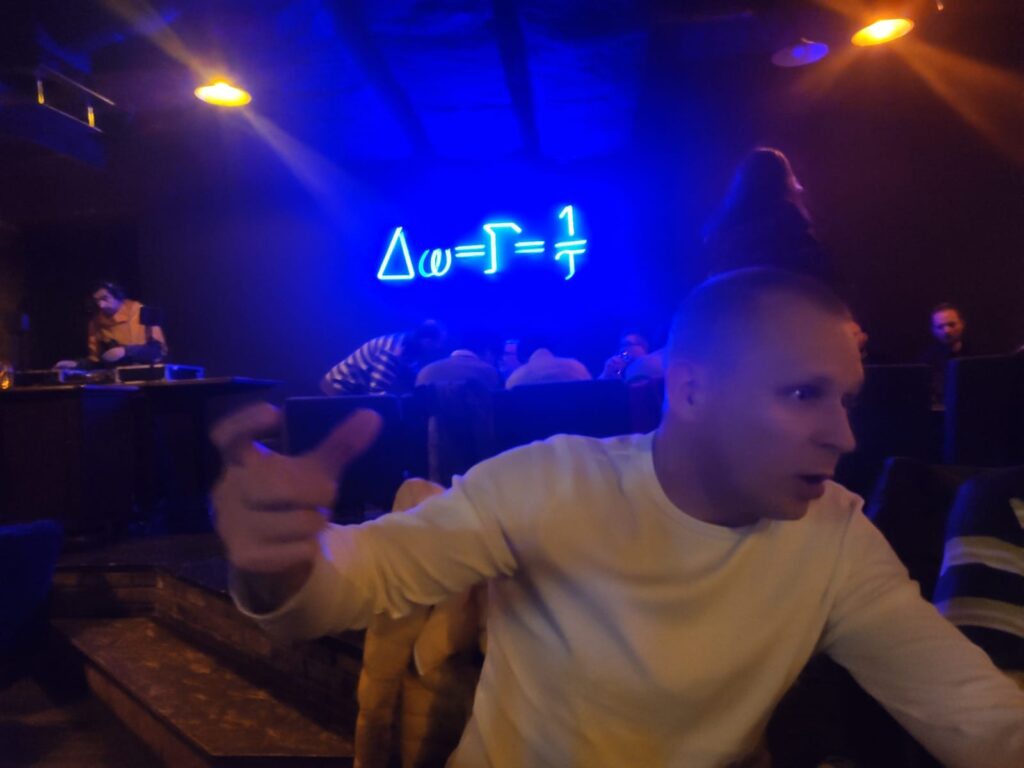About Us
The research is carried out in several directions, with an emphasis on precise calculations of higher-order perturbation effects for electroweak observables at LHC and future lepton accelerators. We are particularly focused on the activities related to the FCC-ee project at CERN.
The research topics of the group include:
1. Precise calculation of parameters and observables of the Standard Model (SM)
2. Phenomenology of SM extensions (neutrinos, additional gauge bosons, Higgs scalars)
3. Development of methods and tools for the calculation of multi-loop Feynman integrals
Detailed research goals:
1. Use of new computational techniques and advanced algebra to define and constraint elements of the neutrino mixing matrix with non-standard neutrinos.
2. Phenomenology of non-standard particles at the LHC and future lepton accelerators (H++, W2, Z2, heavy neutrinos).
Precise calculation of electroweak of electroweak pseudoobservables for the LHC and future accelerators.
3. Developing analytical and numerical methods of calculating multi-loop integrals.
4. Analysis of masses and mixing matrices in models with the so-called family symmetry.
5. Analysis of finite groups up to the order of 1025 assuming the existence of family symmetries for 3HDM models.


